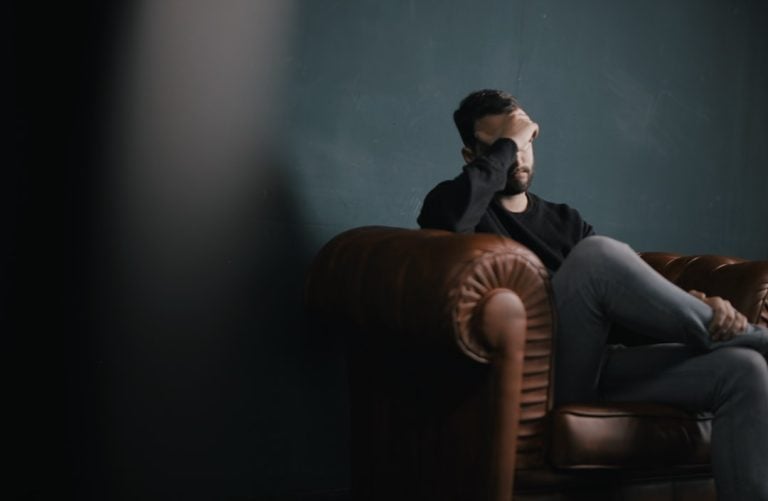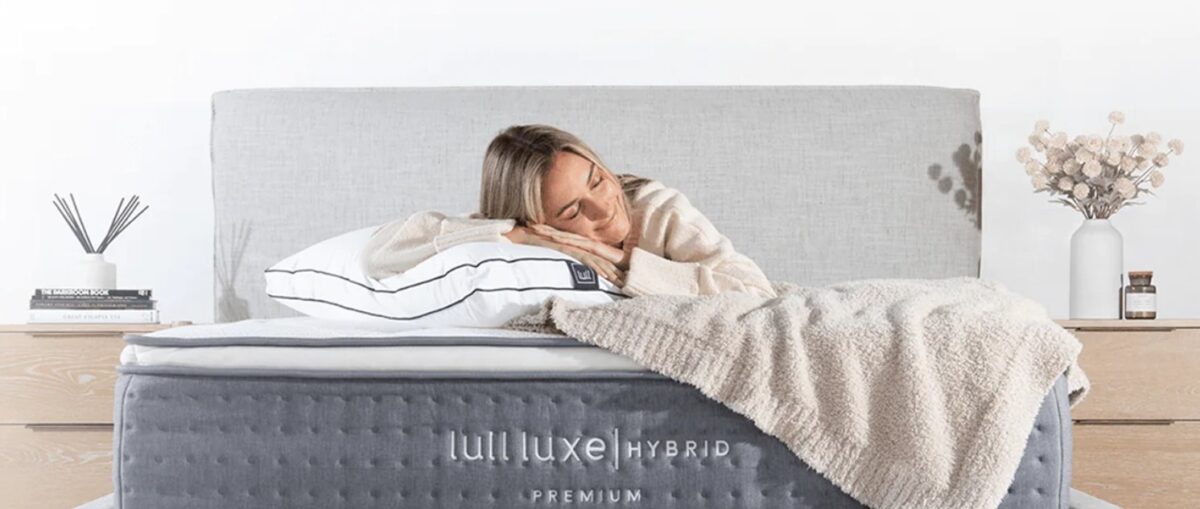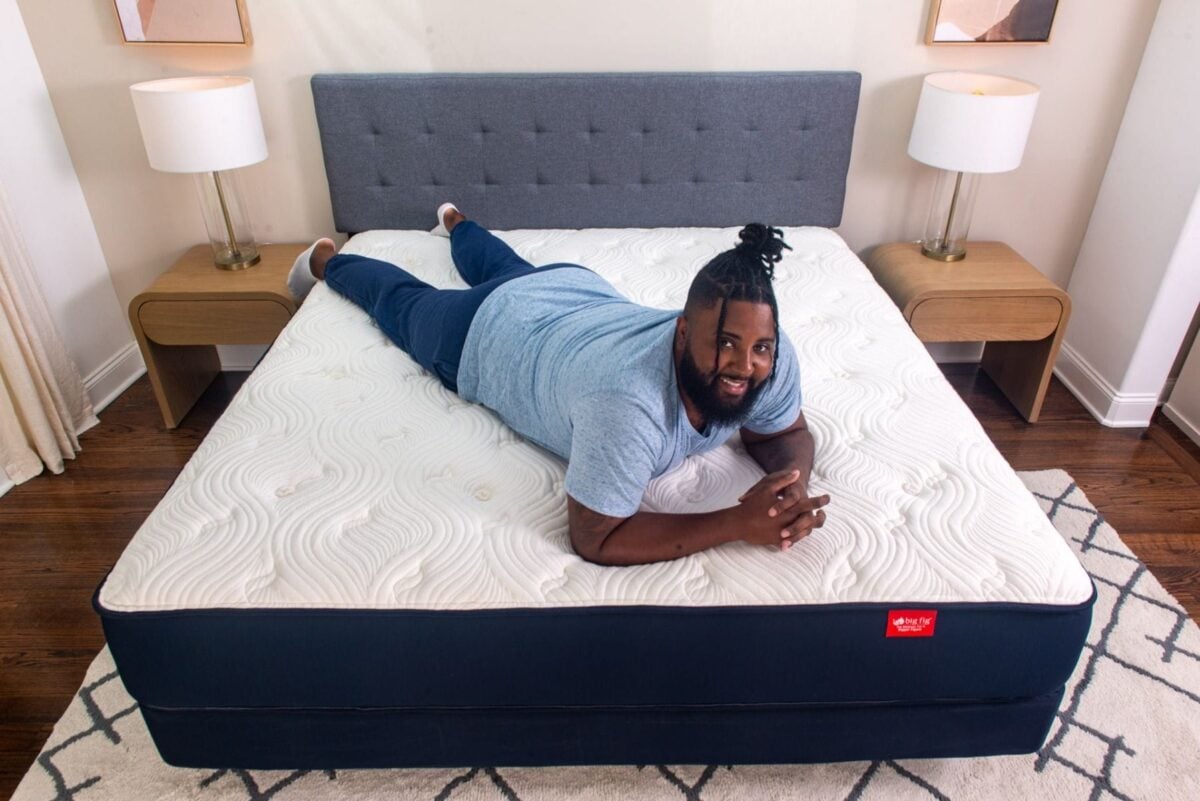In-Depth Guide to Understanding Why Anxiety Increases at Night
Why Anxiety Increases at Night
As the world quiets down and the day transitions to night, many people find themselves grappling with heightened anxiety. The question of why anxiety increases at night can feel overwhelming, yet understanding it is crucial for managing those restless hours. Here, we unveil some surprising reasons behind this nighttime unrest, helping you navigate your path to a more peaceful sleep.
Key Reasons for Nighttime Anxiety
1. Fatigue: As exhaustion sets in, our capacity to handle stress diminishes. A weary brain struggles to tackle worries, making minor issues loom larger than life.
2. Hormonal Changes: Fluctuations in melatonin and cortisol levels can significantly impact anxiety levels. Melatonin, the sleep hormone, rises in the evening, signaling sleep, but in some cases, it can paradoxically amplify anxiety. Conversely, cortisol, often known as the stress hormone, should typically taper off at night; however, lingering high levels can keep anxiety alive, disrupting rest.
3. Lack of Distractions: During the day, daily activities keep our minds occupied. But as distractions fade in the quiet of night, anxious thoughts can rush to the forefront, overwhelming us.
4. Circadian Rhythm: Our internal body clock, or circadian rhythm, plays a pivotal role in regulating our sleep-wake cycles. Individuals with anxiety may find it particularly difficult to transition from a state of hyperarousal to tranquility, amplifying their distress.
Understanding these triggers can be the first step toward relief. My own experience with nighttime anxiety has fueled my passion for helping others find better sleep solutions. Through the lens of my personal journey, I aim to illuminate strategies that foster relaxation and ease the mind.
Nighttime Anxiety: Symptoms and Effects
Recognizing the symptoms of nighttime anxiety is vital for effective management. These symptoms can manifest both physically and mentally, disrupting your peace and ability to sleep.
Physical Symptoms of Nighttime Anxiety
Nighttime anxiety often reveals itself through:
– Sweating: Excess perspiration can occur even in a cool room.
– Shaking: Trembling hands or a quivering body are common physical responses.
– Headaches: Tension headaches frequently accompany anxiety episodes.
– Abdominal Pain: An uneasy stomach can lead to discomfort and restlessness.
– Gastrointestinal Issues: Symptoms like nausea or frequent urination can emerge during anxious moments.
These physical manifestations create a vicious cycle, where anxiety interferes with sleep, which in turn exacerbates anxiety.
Mental Symptoms of Nighttime Anxiety
On a mental level, nighttime anxiety can look like this:
– Racing Thoughts: Your mind might dart from one worry to the next, making it hard to find calm.
– Self-Criticism: You may fixate on perceived failures or past mistakes.
– Imagined Worst-Case Scenarios: It’s common to conjure up daunting hypotheticals, even when they seem far-fetched.
Mental symptoms can hijack your focus and amplify anxiety during the quiet of night.
Nocturnal Panic Attacks
For some, nighttime anxiety escalates to nocturnal panic attacks. These jarring episodes can strike during sleep, characterized by:
– Extreme Fear: An overwhelming sense of dread may wake you suddenly.
– Increased Heart Rate: Palpitations can make you feel as though your heart is racing.
– Shortness of Breath: You might struggle to catch your breath, intensifying the panic.
– Night Sweats: Becoming drenched in perspiration extracts precious rest from your night.
Coping Strategies for Nighttime Anxiety
While managing nighttime anxiety can be challenging, various strategies can promote relaxation and ease your journey into sleep.
Pre-Bedtime Rituals
Creating a calming bedtime routine signals to your brain it’s time to unwind:
– Avoid Screens: The blue light emitted by screens can hinder melatonin production. Aim to disconnect at least an hour before bed.
– Gentle Yoga: Slow, gentle stretches can help ease tension and promote relaxation.
– Relaxation Exercises: Techniques such as progressive muscle relaxation can ground you before sleep.
Journaling
Writing can serve as a powerful tool to offload thoughts:
– Stream of Consciousness: Let your thoughts flow onto the page. This can act as a mental decluttering exercise, aiding in processing worries.
– Gratitude Lists: Consider jotting down three things you’re grateful for to foster a positive mindset.
Relaxation Techniques
Implement these relaxation strategies to calm your mind and prepare for sleep:
– Deep Breathing: Slow, intentional breaths activate your body’s relaxation response. Breathe deeply through your nose, hold briefly, and exhale through your mouth.
– Grounding Exercises: Engage your senses—notice what you can see, hear, smell, and touch to anchor you in the present.
– Mindfulness Meditation: Even a few minutes of focused meditation can quiet racing thoughts. Guided meditation apps can be a helpful start.
Healthy Sleep Habits
Good sleep hygiene is crucial for mitigating nighttime anxiety:
– Regular Exercise: Incorporate at least 30 minutes of physical activity into your daily routine, but avoid vigorous workouts close to bedtime.
– Consistency is Key: Stick to a regular sleep schedule to help regulate your internal clock.
– Limit Stimulants: Avoid caffeine and nicotine, particularly in the afternoon and evening.
– Comfortable Sleep Environment: Turn your bedroom into a sleep sanctuary, ensuring it’s cool, dark, and quiet with a comfortable mattress and supportive pillows.
By weaving these techniques into your nightly routine, you can cultivate a more tranquil environment conducive to restful sleep.
Treatment Options for Nighttime Anxiety
If coping strategies fall short, consider exploring treatment options that address nighttime anxiety more rigorously, including medication and therapy.
– Medication: Antianxiety medication may be beneficial in the short term, while antidepressants can provide a more sustained approach to managing anxiety.
– Therapy: Cognitive Behavioral Therapy (CBT) effectively targets negative thought patterns and equips you with tools to manage anxiety and bolsters sleep quality.
– Lifestyle Changes: Improving your overall diet, maintaining good sleep hygiene, and regular exercise can significantly reduce anxiety levels.
– Herbal Supplements: Natural remedies like lavender and ginseng may offer relief, but always consult a healthcare professional prior to introducing new supplements into your routine.
Frequently Asked Questions About Nighttime Anxiety
– Why is my anxiety worse at night? Nighttime anxiety can heighten due to fatigue, hormone levels, and the quiet environment that allows worries to resurface.
– How can I cope with anxiety at night? Techniques such as journaling and relaxation exercises, combined with good sleep habits, can help ease nighttime anxiety.
– What is the 3-3-3 rule for anxiety? This rule helps ground you during an anxiety episode by focusing on your surroundings: identify three things you can see, hear, and move.
Conclusion
Navigating nighttime anxiety may seem daunting, but understanding its causes and implementing effective strategies can pave the way for better sleep and well-being. At Yawnder, we’re committed to supporting you on this journey. With the right resources and approaches, relief is within reach. If you struggle with nighttime anxiety, know that you’re not alone—numerous strategies and treatments exist to light your path toward restful nights.


















